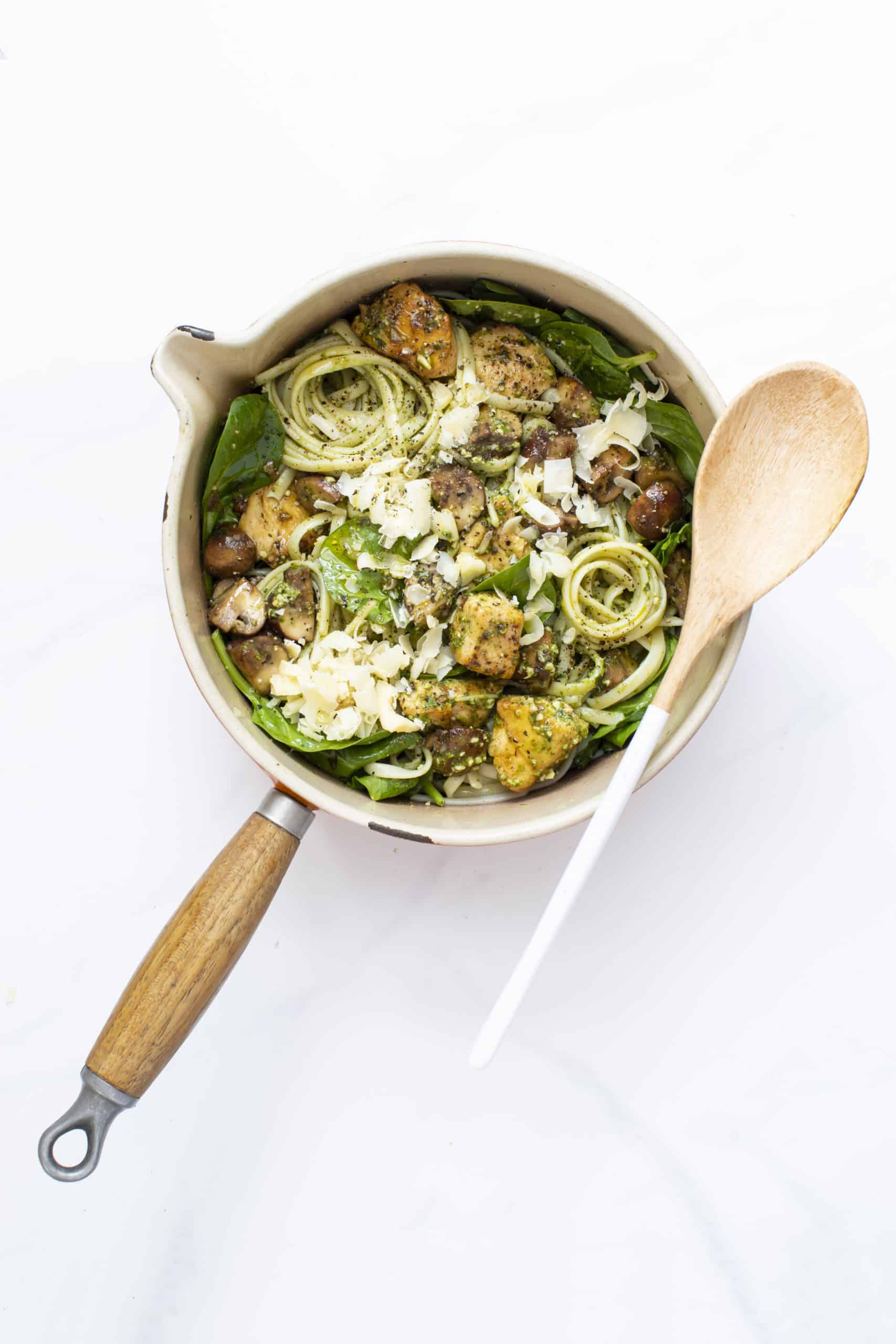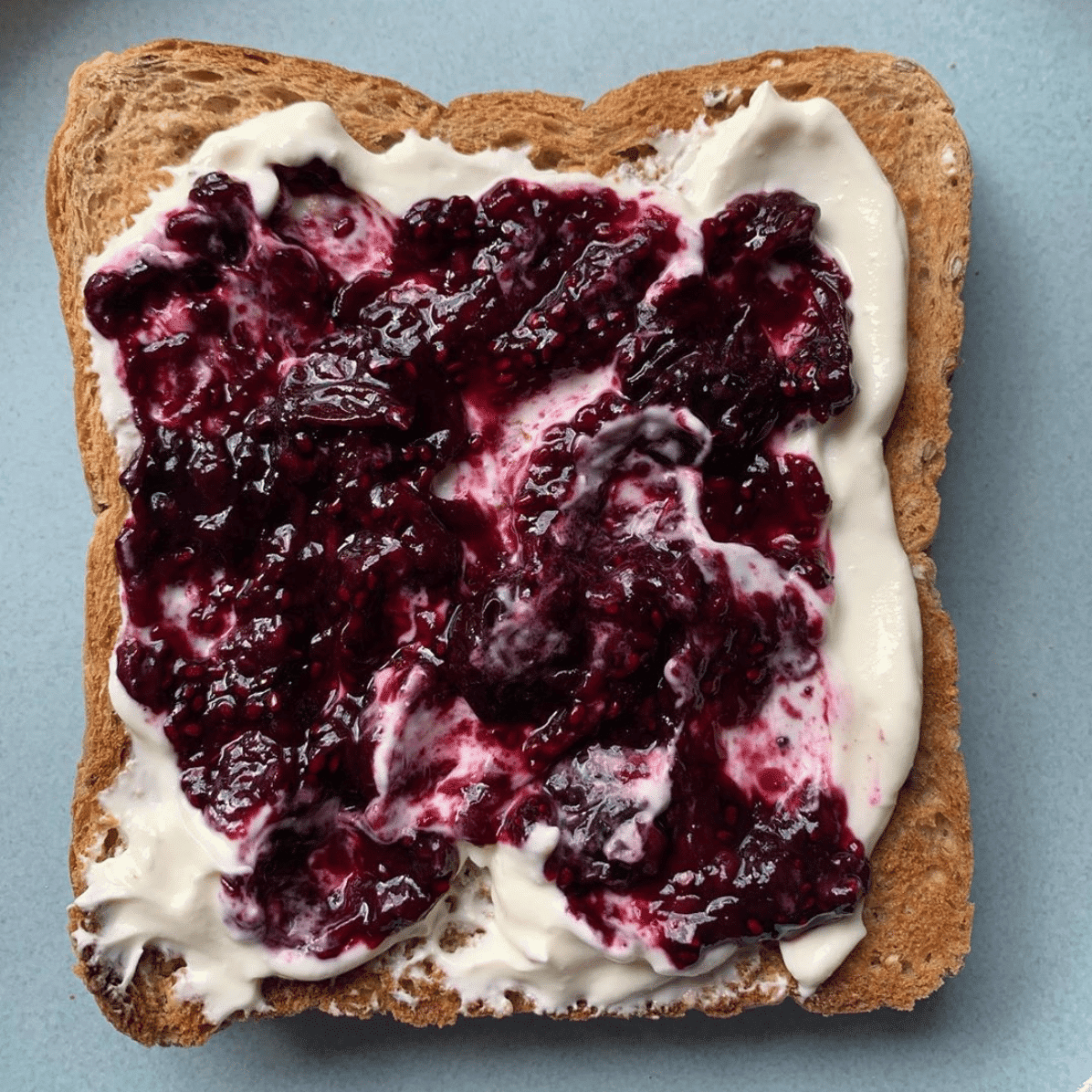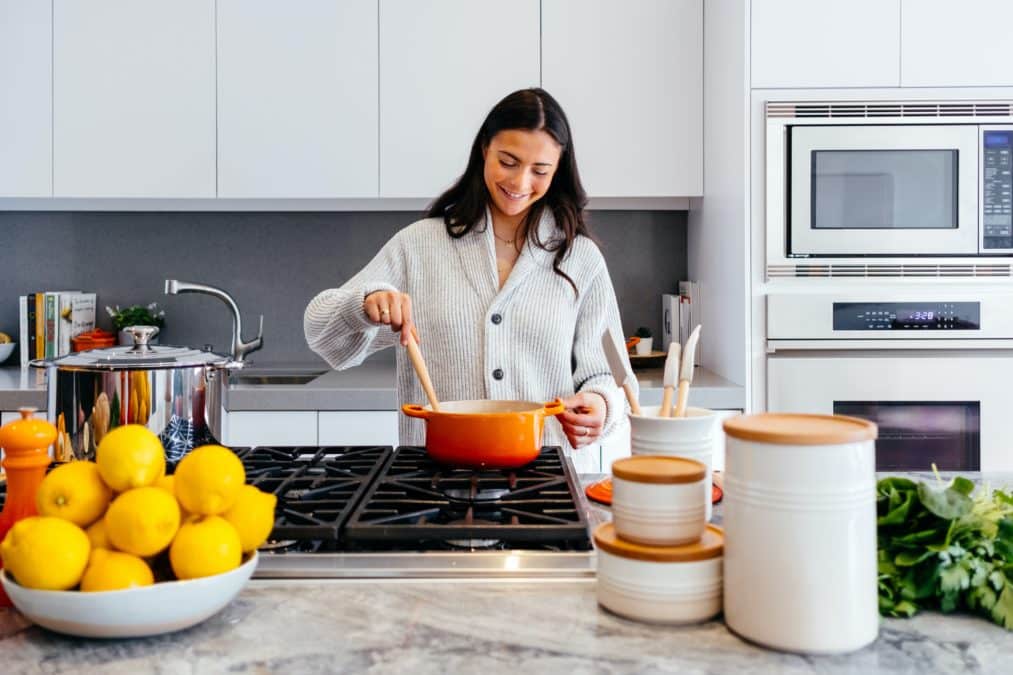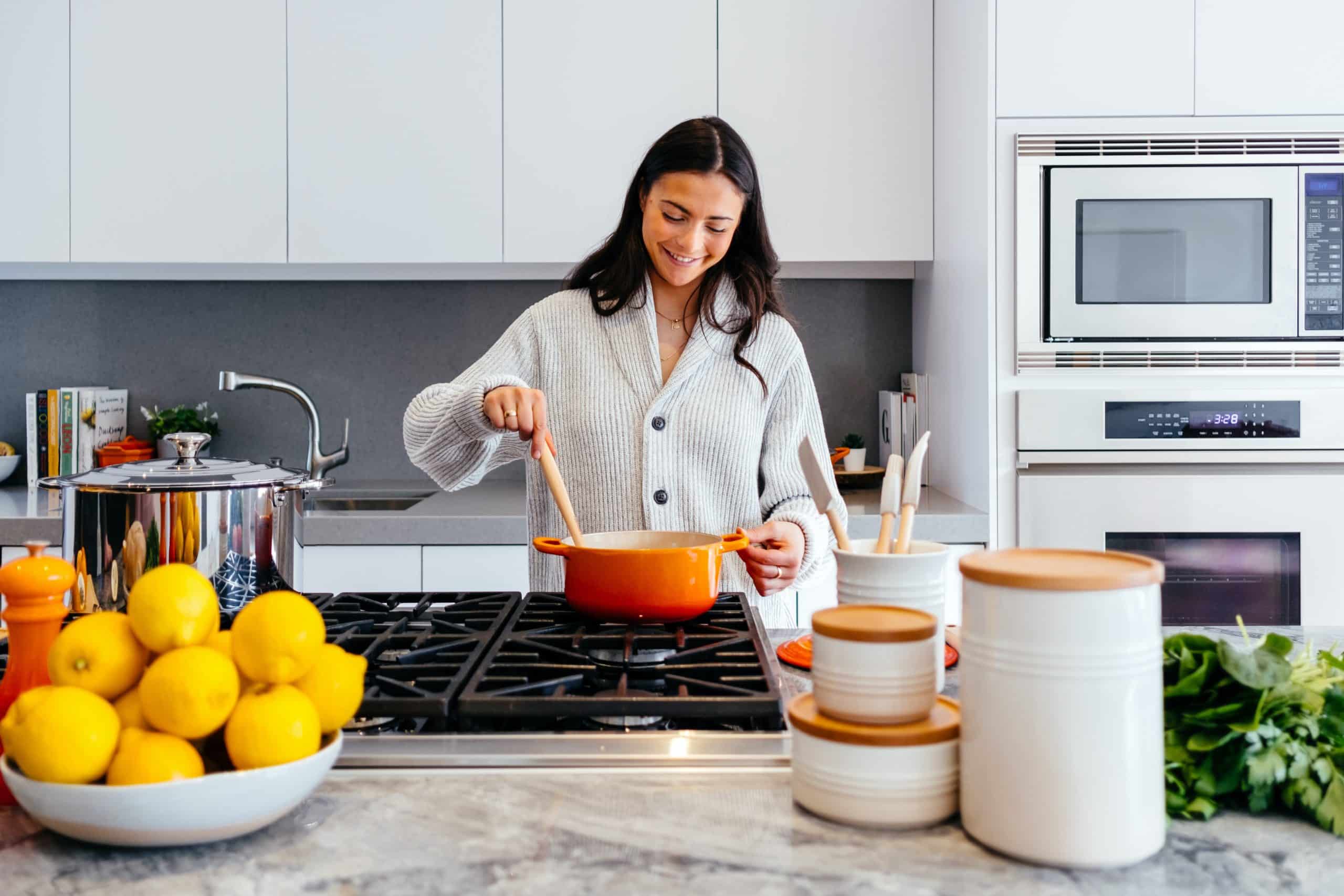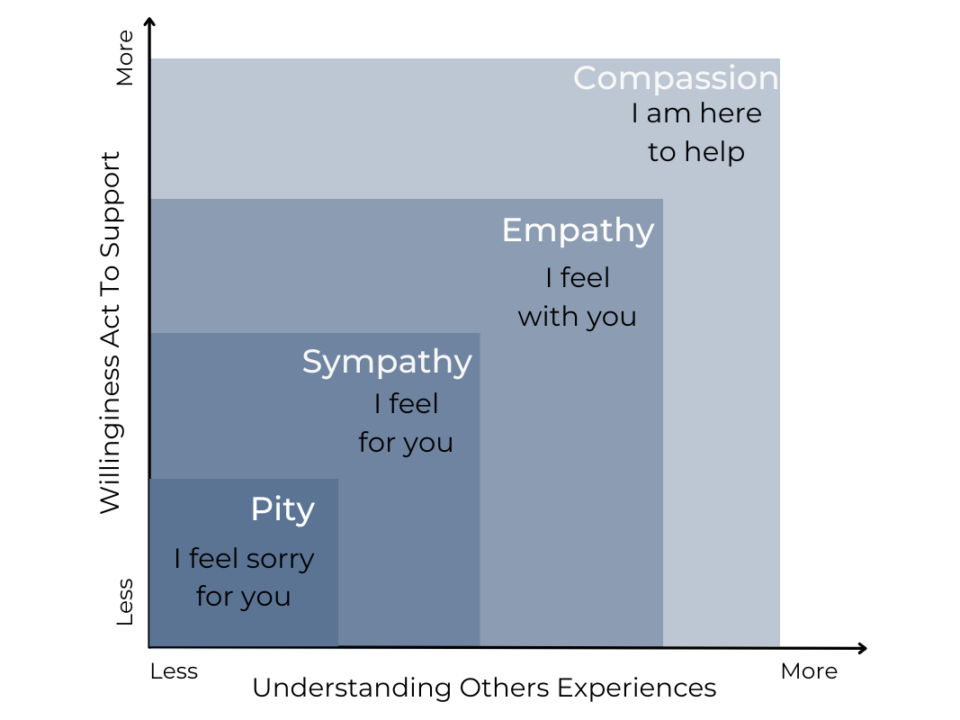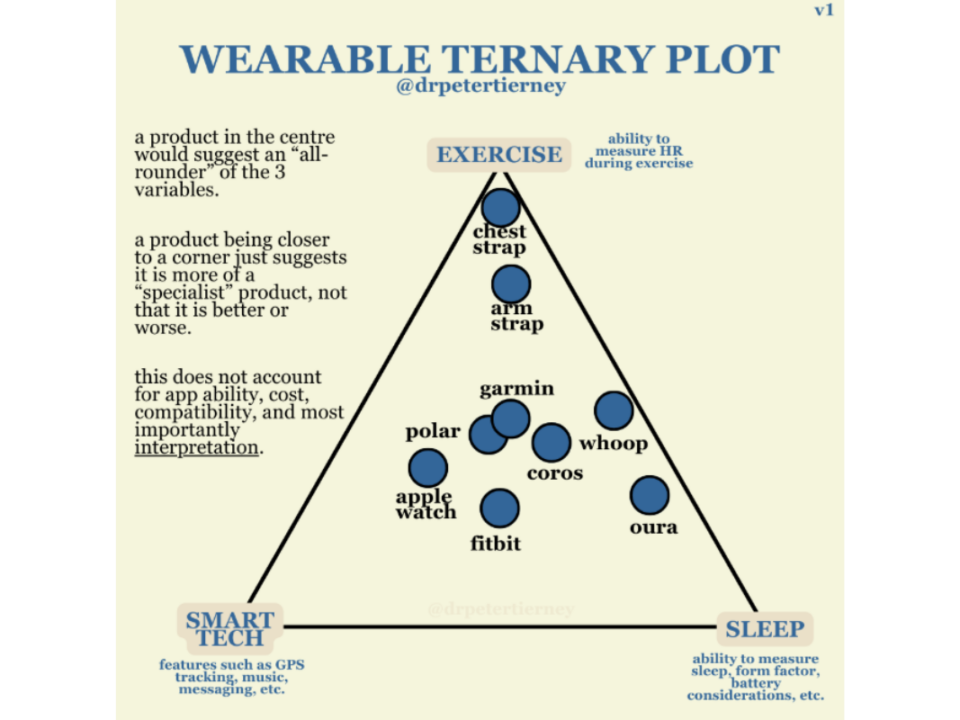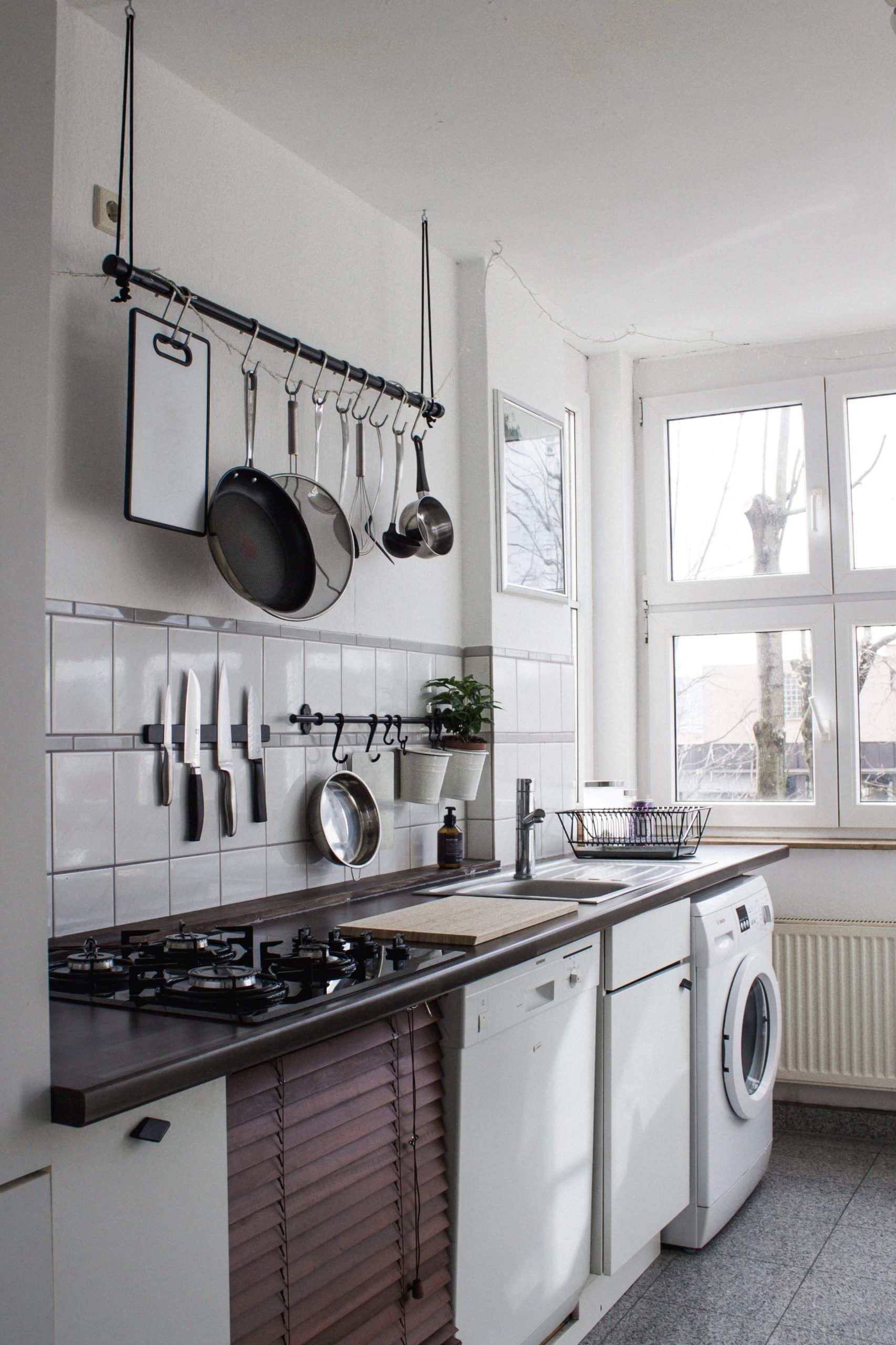 Kitchen plan and essential kitchen items
Kitchen plan and essential kitchen items
- Essential kitchen items and what you need at home in you kitchen to achieve your cooking goals
- Tips to help with meal planning and cooking
There are many areas of nutrition that people could review and aim to improve under the current circumstances with Covid19, or in fact at any time! If you have good systems and resources in place in your kitchen then executing your cooking and food preparation tasks is going to be so much easier and more enjoyable. It’s like when you wear a comfortable training kit that’s matched to your session, you are more likely to do that session with a smile on your face. ‘Look good, feel good, train good’ as the saying goes.
 Where to start?
Where to start?
Firstly, my suggestion is to keep it practical and do a quick review of your current kitchen set-up and key cooking and food preparation utensils. By doing this you are creating an improved system in your kitchen for a more enjoyable cooking experience. You will be able to look back and see the investment in planning as something that was really beneficial for supporting better, more sustainable nutrition habits.
- Does the flow of your kitchen make sense? Do you have your kitchen items in the right place for the most frequent tasks you complete each day? The aim should be to position each appliance according to function and have your food items close to where you prepare meals.
- Place your knives and chopping board near your main chopping or preparation area, pots and pans near your hob
- Do you have a good waste management system? For example, a counter-top compost bin with compost bags? That was a game changer for me because it created a simple system for each item and cleaning up was so much easier!
- Place your bins together for ease of waste disposable and if you are living with people make sure to label where each item goes for example compost for food items and tins and paper in recycling.
- Assign specific cupboards and areas for specific food items and keep them there! If you know where things are and you don’t have to go looking for them it makes life so much easier. For example, spices high up and near the hob for ease of finding.
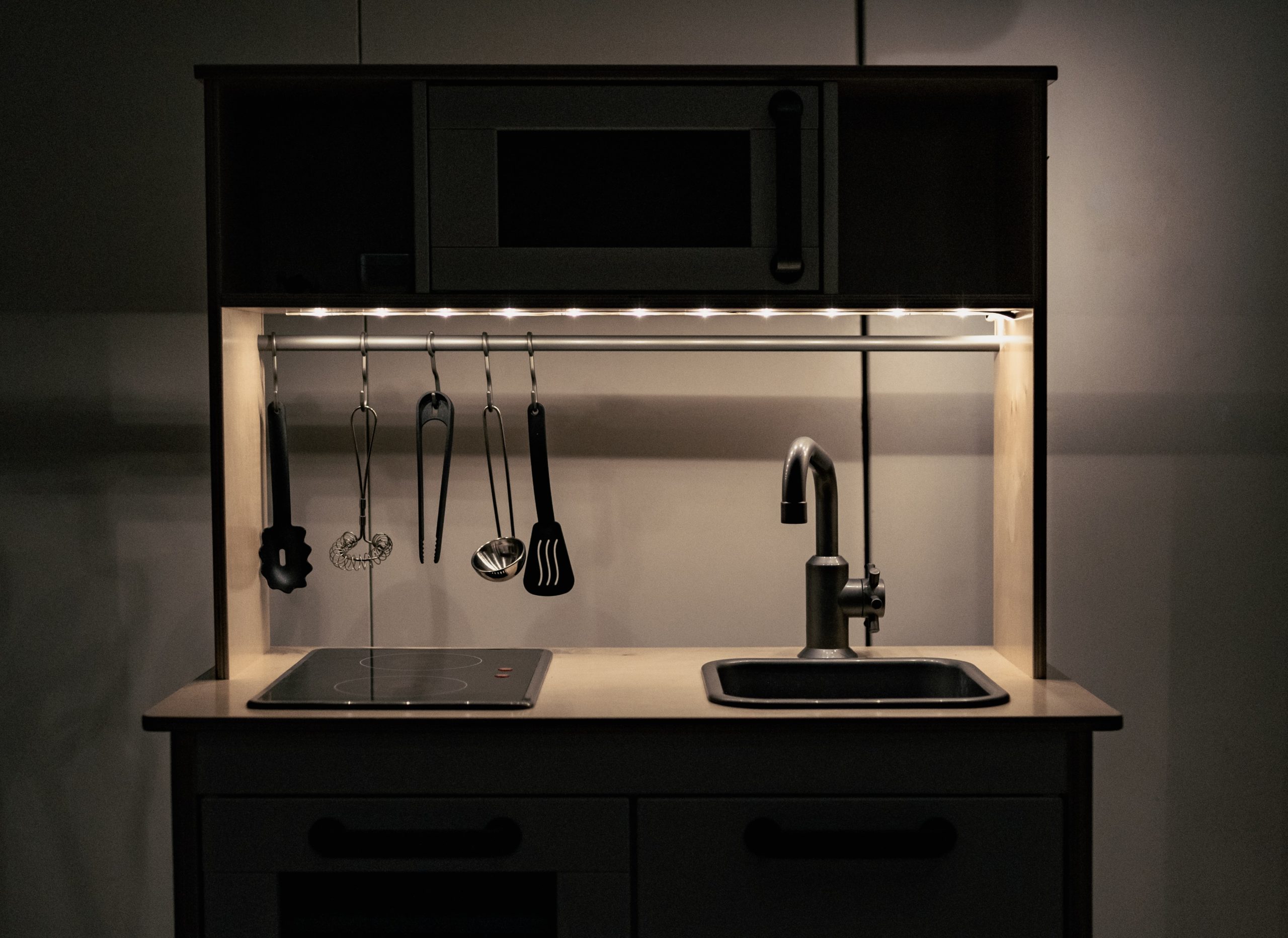 Essential kitchen items
Essential kitchen items
If you have poor-quality cooking utensils like blunt knives and pots that are constantly burning when you are cooking, you are more likely to think of cooking as a stressful chore. Sharp knives and a good set of pots and pans will ensure your meal preparation and cooking will run a lot smoother, making it a much more enjoyable experience to prepare your own meals.
Here are the 2 main things I suggest you consider:
- Essential kitchen items
- A sharp knife
- A non-stick pan
- A non-stick pot
- A robust peeler
- A solid chopping board
- A salad bowl
- A powerful blender (>600 watts)
- A wooden spoon
- Stainless steel cooking trays
- Serving dishes
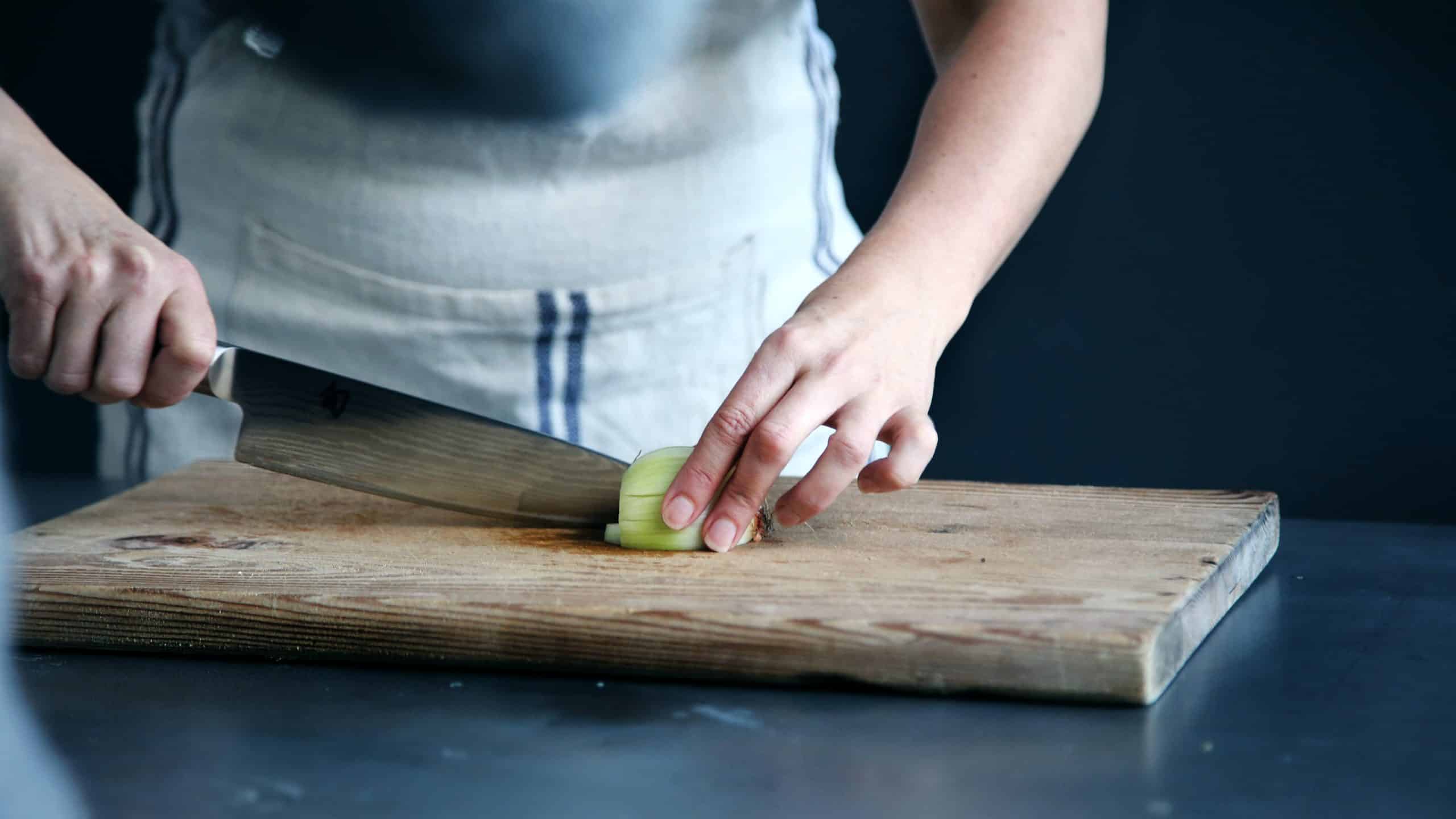 Cooking tips
Cooking tips
- Plan your meals for the week ahead of time and print your shopping list of required ingredients from your daveynutrition meal plan
- Buy dry ingredients like rice, quinoa, lentils, nuts and seeds in bulk to reduce shopping trips
- Cook an extra portion of dinner in the evening that can be used as lunch the next day
- Make sure to check out our batch cook meal plans for easy and delicious meals!
- Bulk cook your carbs and use them the next day for lunch or even dinner. A real winner is cooking pre-cooked rice with onions, garlic, and an egg then eating it for lunch the next day!
- Make soups, fruit salads, snacks and buy frozen fruits or vegetables which means you always have options to make nutritious meals. Here are some key reminders about what to do if you are using pre-cooked rice.
- Keep rice in the fridge for no more than 1 day until reheating.
- Always check that it’s steaming hot all the way through when you reheat rice.
- Do not reheat rice more than once
- Get creative and try new recipes, spices and foods. This will not only expand your cooking skills but also is likely to improve the variety in your diet
- Cook with your kids! Children mimic adults and showing them cooking skills early in life has been shown to be extremely beneficial for their development and food choices later in life.
